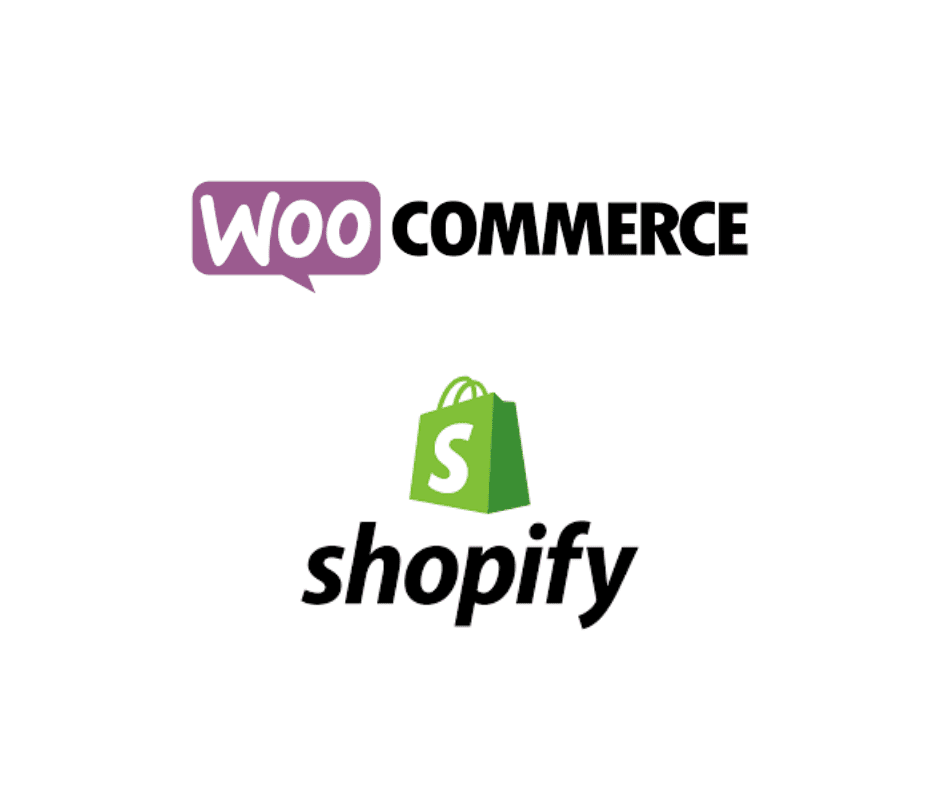Shopify and WooCommerce are two of the most popular e-commerce platforms available today. Both offer businesses an easy and efficient way to build and manage an online store, but they have their own unique features and capabilities that set them apart. In this article, we will compare Shopify and WooCommerce in detail, to help you determine which platform is best suited for your e-commerce business.
Know the platforms
Shopify:
Shopify is a cloud-based e-commerce platform that provides businesses with a comprehensive solution for building and managing an online store. With Shopify, you can create a professional-looking website, manage your products and inventory, process payments and shipping, and handle customer orders and data. Shopify is easy to use, even for those with limited technical skills, and offers a variety of customization options to help you create a unique and branded online store.


